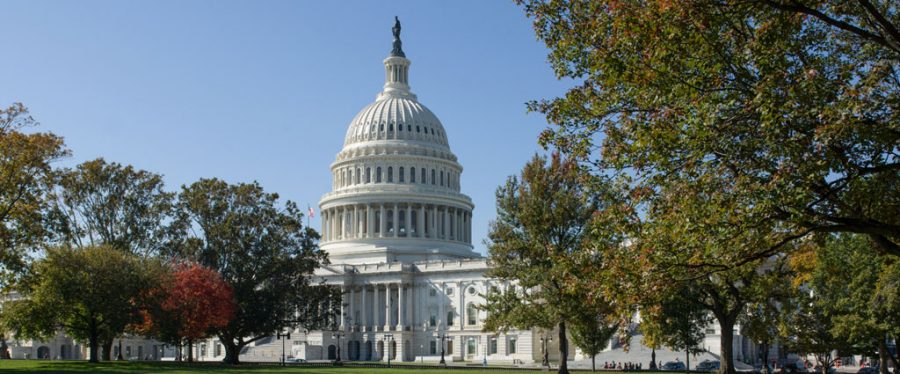On Thursday, the U.S. House of Representatives passed the Equality Act, a bill aimed at banning discrimination based on one’s sexual orientation or gender identity. In addition to outlawing such discrimination, the legislation would also expand the protections members of the LGBTQ+ community receive, extending them to include “employment, housing, credit, education, public spaces and services, federally funded programs, and jury service.” The act would do this by amending the 1964 Civil Rights Act in order to create lasting federal protections that cannot be simply undone by a successive president with different ideas on the matter.
This is not the first time this act was introduced. In 2019 it was even passed by the House, though the current situation is radically different from that of two years ago. Currently, the state of protections for LGBTQ+ Americans, while better than in 2019, are still incredibly precarious, with most federal protections coming from the Bostock v. Clayton County Supreme Court decision last year. This decision ruled that sex-based discrimination protections from the 1964 Civil Rights Act also apply to discrimination on the basis of sexual orientation, introducing much-needed protections for people living in one of the 27 states without laws prohibiting discrimination based on sexual orientation and gender.
Even with this ruling, the scope of places to which these protections extend is not nearly expansive enough. The Civil Rights Act currently solely protects people on the basis of sex in terms of housing and employment discrimination, showing a severe dearth of protection for Americans with protected identities in places like transportation and other public services. President Biden, using an executive order, deemed that Bostock v. Clayton ruling should be interpreted as also applying to areas like federally funded programs and public spaces and services. Under the Biden administration, therefore, there are protections in key areas that determine the wellbeing of LGBTQ+ Americans, like healthcare for example.
The use of executive power here makes these protections extremely vulnerable to repeal by a new president with different ideas on LGBTQ+ rights.
This never-ending state of limbo in which new rights seem to be afforded only at the risk of being snatched away at any moment is something most LGBTQ+ Americans have been forced to live with for far too long. As a lesbian myself, I live in a constant state of awareness of how fragile the ability I hold to live a normal life, to get married without fearing the possibility of losing my job or getting evicted is.
The Equality Act is necessary, therefore, to enshrine these protections into law and make it clear that the rights of LGBTQ+ Americans are not trivial.
The act is a highly contested one that faces a very real possibility of getting killed by the Senate, just like in 2019, and never making it into law.
The main argument against the act, and the reason for its uncertain future, lies within the claim that its implementation would serve to limit religious freedom, forcing religious organizations or religious business owners to provide services or accept people with who they claim religious objection. The act would be exempt from the Religious Freedom Restoration Act, which aims to make it harder for the government to pass discriminatory legislation should there be arguments that the Equality Act limits religious freedom. Under the Equality Act, places like religious schools or adoption agencies would be prohibited from discriminating against LGBTQ+ students or clientele respectively, something which many claim limits religious liberty. LGBTQ+ rights, however, are a question of civil liberties. Treating protections as something that can be simply ignored should someone have an issue with them rooted in religion is bizarre. Civil rights are not something that can be cherry-picked in terms of palatability and giving exceptions to basic rights establishes a dangerous precedent.
Religious freedom is unquestionably an important institution to uphold within America, but trampling on the liberties of others in the name of it is unacceptable. Religious freedom is not the same thing as a free pass for bigotry and discrimination against certain groups, and it is high time our law reflects this. Reach out to your senators and put pressure on them to support this incredibly important piece of legislation. The Equality Act needs to be passed, and now is a perfect time.
Srija Nagireddy can be reached at [email protected].



















